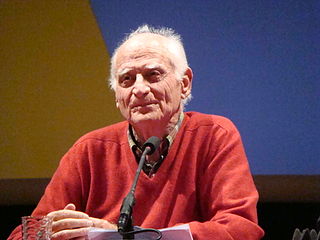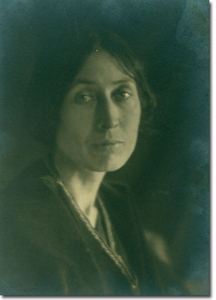A Quote by Henry David Thoreau
I have thought there was some advantage even in death, by which we mingle with the herd of common men.
Related Quotes
Every man, however hopeless his pretensions may appear, has some project by which he hopes to rise to reputation; some art by which he imagines that the attention of the world will be attracted; some quality, good or bad, which discriminates him from the common herd of mortals, and by which others may be persuaded to love, or compelled to fear him.
Everyone wants to be foremost in this future-and yet death and the stillness of death are the only things certain and common to all in this future! How strange that this sole thing that is certain and common to all, exercises almost no influence on men, and that they are the furthest from regarding themselves as the brotherhood of death! It makes me happy to see that men do not want to think at all of the idea of death!
The skin is a variety of contingency: in it, through it, with it, the world and my body touch each other, the feeling and the felt, it defines their common edge. Contingency means common tangency: in it the world and the body intersect and caress each other. I do not wish to call the place in which I live a medium, I prefer to say that things mingle with each other and that I am no exception to that. I mix with the world which mixes with me. Skin intervenes between several things in the world and makes them mingle.
I agree with you that it is important to examine our presuppositions, throughly and once for all, in order to establish something solid. For I hold that it is only when we can prove all that we bring forward that we perfectly understand the thing under consideration. I know that the common herd takes little pleasure in these researches, but I know also that the common herd take little pains thoroughly to understand things.
Death is not earnest in the same way the eternal is. To the earnestness of death belongs precisely that remarkable capacity for awakening, that resonance of a profound mockery which, detached from the thought of the eternal, is an empty and often brash jest, but together with the thought of the eternal is just what it should be, utterly different from the insipid solemness which least of all captures and holds a thought with tension like that of death.
To begin depriving death of its greatest advantage over us, let us adopt a way clean contrary to that common one; let us deprive death of its strangeness, let us frequent it, let us get used to it; let us have nothing more often in mind than death... We do not know where death awaits us: so let us wait for it everywhere." "To practice death is to practice freedom. A man who has learned how to die has unlearned how to be a slave.
Men live in a community in virtue of the things which they have in common; and communication is the way in which they come to possess things in common. What they must have in common in order to form a community or society are aims, beliefs, aspirations, knowledge - a common understanding - likemindedness as the sociologists say.
That which especially distinguishes a high order of man from a low order of man, that which constitutes human goodness, human nobleness, is surely not the degree of enlightenment with which men pursue their own advantage; but it is self-forgetfulness; it is self-sacrifice; it is the disregard of personal pleasure, personal indulgence, personal advantage, remote or present, because some other line of conduct is more right.
We have a common enemy. We have this in common: We have a common oppressor, a common exploiter, and a common discriminator. But once we all realize that we have this common enemy, then we unite on the basis of what we have in common. And what we have foremost in common is that enemy - the white man. He's an enemy to all of us. I know some of you all think that some of them aren't enemies. Time will tell.
The wildest dreams of wild men, even, are not the less true, though they may not recommend themselves to the sense which is most common among Englishmen and Americans to-day. It is not every truth that recommends itself to the common sense. Nature has a place for the wild clematis as well as for the cabbage. Some expressions of truth are reminiscent,--others merely sensible, as the phrase is,--others prophetic.
There are two kinds of death, the death which is inevitable and common to all beings, and the death which is voluntary and particular to certain ones of them only. It is the second death which is prescribed for us in the words of the Messenger of Allah: "Die before you die." The resurrection is accomplished for him who dies this voluntary death. His affairs return to God and they are but one. He has returned to God and he sees Him through Him. As the Prophet said - on him be Grace and Peace!


































